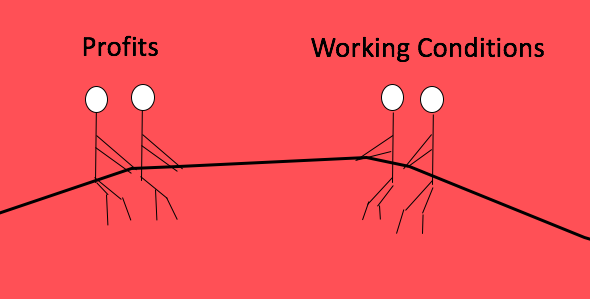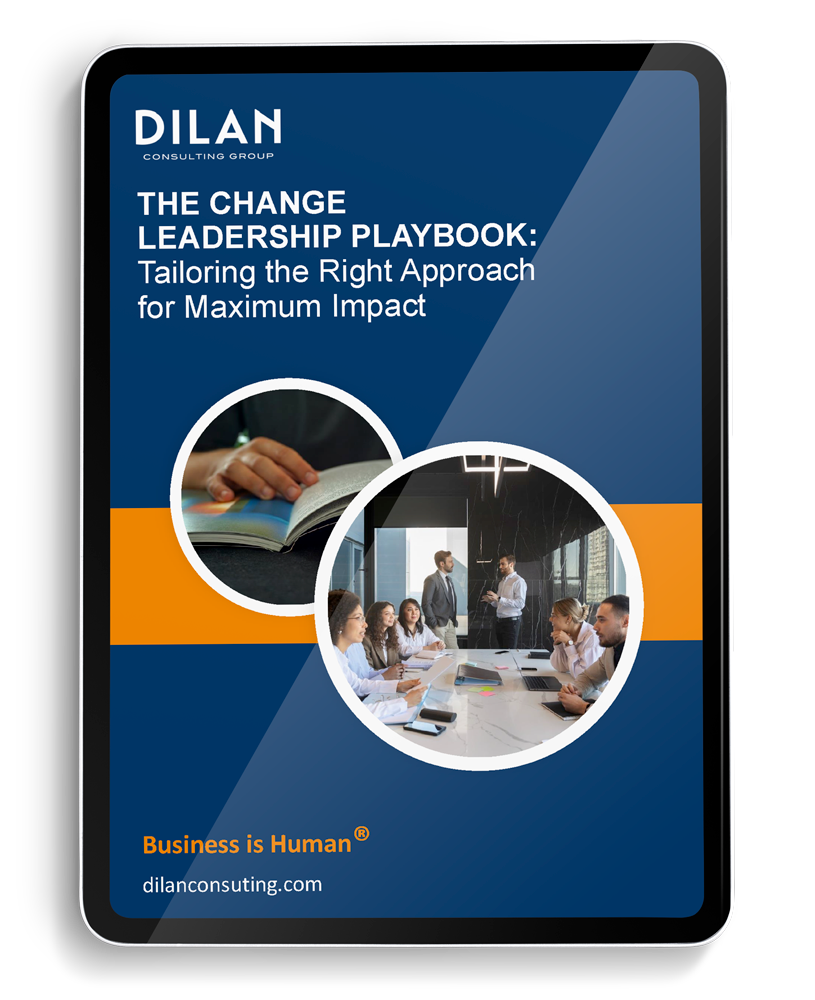With the recent hubbub regarding the Amazon workplace, I’m genuinely thankful to Jeff Bezos and Amazon for inspiring a conversation about values and culture.
True or not, the alleged issues at Amazon are not surprising – and certainly not isolated. I personally see similar issues daily across all kinds of organizations, from start-ups to established enterprises and non-profits.
Companies genuinely struggle to meet competing demands. On the one hand, everyone wants increasing profits. Organizations are under pressure to do more with less and deliver short-term results. On the other hand, we are appalled to learn about companies with less-than-ideal (or worse) working conditions.
Sadly, the result of this conflict is a trend towards an “on-demand and on-call” workforce. While this issue is rife with complexity that cannot be addressed adequately in this short space, in my humble opinion, we — as a community and as leaders — need to step back and consider if it is even ethical. All too often “on-demand and on-call” leaves workers voiceless and vulnerable, working with no job security or predictable income.
The bottom line is that none of this is sustainable. So what’s the answer? Leadership!
Leaders are the stewards of organizational values, which drive behaviors, and ultimately shape company culture. Today more than ever, companies need to develop leaders who walk the talk and are willing to buck the trends. Starting on day one, leaders need to realize that what they say or do – or fail to — has serious consequences.
Commonly these so-called soft conversations about values and organizational culture get put on the back burner – a conversation for another day when “we have more time or money.” And even if they do have the conversations, values may end up posted on the wall but not embedded in behavior.
Unfortunately, our experience at the Dilan Consulting Group is that these critical conversations often happen after a negative event — a mass exodus, lawsuit, bad PR. Only then do leaders finally stop and ask: “How did we get here? How do we make it better?” And usually these questions come with fingers pointing outward, when the reality is the leaders themselves have been shaping their organization’s culture all along whether or not they were conscious of it. Who they are and how they show up directed the personality of their organization, for better or worse.
Without mindfulness, even the best intentions can fall out of sync with values. Conversations about values and behaviors have to happen early and often because every action matters. Each decision creates lasting consequences that either build or erode gains.
Smart leaders start with culture in mind. They know that how they speak and behave, and the decisions they make, quietly create a picture that tells their employees what really matters.
It is never too late to start this conversation inside your organization. While shifting culture can be a slow process, you can reach critical mass faster if you proactively invest in developing your leaders and cultivating the values and behaviors that will lead towards sustainable, long-term success. The truth is that the competing demands highlighted above do not have to be mutually exclusive. It is possible to have great working conditions and consistently improve your bottom line. If this seems daunting, know you do not have to do it alone. We’re here to help.




